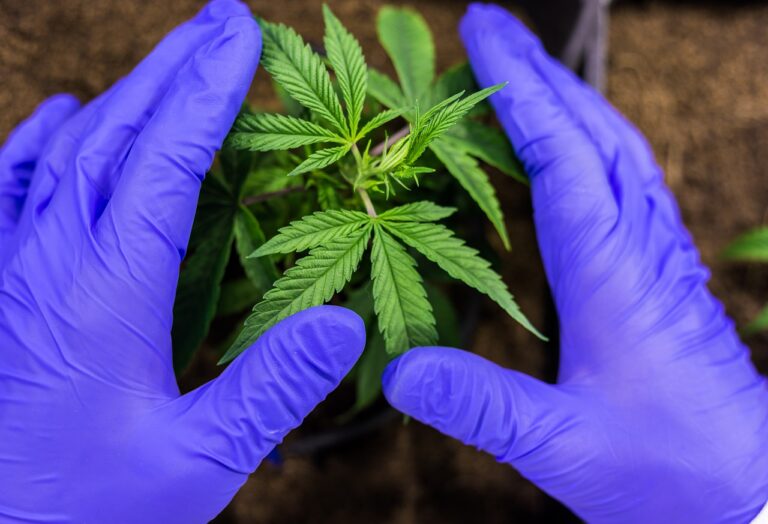Texas Medical Marijuana

Medical Marijuana
In Texas, medical marijuana is legal under the Texas Compassionate Use Program (TCUP) for patients with qualifying conditions such as chronic pain, PTSD, and multiple sclerosis. When you're considering medical marijuana, it's crucial to understand that it's regulated and only available to those who meet specific criteria. The TCUP guarantees that patients with severe medical conditions can access cannabis-based treatments under strict guidelines.
Federal law still classifies marijuana as illegal, creating a complex legal landscape. You can't fly or cross state borders with medical marijuana, even if you have a prescription. Despite this federal restriction, Texas has made significant strides in recognizing the therapeutic benefits of cannabis for certain health conditions.
No medical marijuana cards are issued in Texas. Instead, patients are entered into the Compassionate Use Registry by a qualified physician. This system ensures that only those with verified medical conditions can obtain medical marijuana, maintaining a high standard of care and legal compliance.
Understanding these regulations helps you navigate the process while staying within legal boundaries. By adhering to TCUP guidelines, you can responsibly benefit from medical marijuana's therapeutic properties without risking legal repercussions.
Medical Cannabis
Medical cannabis provides a regulated and safe treatment option for patients with qualifying medical conditions in Texas, offering access to therapeutic benefits under state law. It specifically aids those suffering from chronic pain, PTSD, neurodegenerative diseases, multiple sclerosis, and seizure disorders. Under the Texas Compassionate Use Program (TCUP), you can legally obtain and use medical cannabis, although it remains illegal at the federal level. This dichotomy means you can't fly or cross state borders with it.
Medical cannabis in Texas is available in various forms, such as gummies, lozenges, tinctures, or oral formulations. Smoking is not an approved method. Tinctures offer faster absorption, while oral formulations take about an hour to start working. These alternatives ensure you receive the medicinal benefits without the health risks associated with smoking.
The cannabis plant naturally contains THC and CBD. THC is responsible for psychoactive effects, while CBD helps mediate these effects. Medical cannabis is considered safer than recreational marijuana as it lacks impurities and is less likely to cause unintentional overdose. It also provides legal protection under state law, allowing you to manage your health conditions without local prosecution.
Medical Cannabis Prescription
To obtain medical cannabis in Texas, you'll need a recommendation from a qualified physician who will enter your details into the Compassionate Use Registry. This is an important step as Texas doesn't issue medical marijuana cards. Instead, your information is stored in the registry, streamlining the process for both patients and dispensaries.
First, make sure you have one of the qualifying conditions such as chronic pain, PTSD, or multiple sclerosis. Your physician will assess your medical history and determine if medical cannabis is suitable for you. If approved, they'll enter your recommendation into the registry, making it accessible to licensed dispensaries.
Once your details are in the system, you can contact a dispensary to obtain your prescribed cannabis. In Texas, medical cannabis is available in various forms like gummies, tinctures, and lozenges. Smoking isn't an approved method, so you'll need to choose an alternative form that suits your needs.
It's important to remember that while medical cannabis is legal under the Texas Compassionate Use Program, it remains illegal federally. This means you can't fly or cross state borders with it. Always consume it responsibly and within the state's legal framework.
texas medical marijuana
texas medical marijuana
texas medical marijuana
texas medical marijuana
medical marijuana
medical marijuana
medical marijuana
medical marijuana
medical marijuana
medical cannabis prescription
compassionate use program
compassionate use program
compassionate use program
compassionate use program
texas department
texas department
post traumatic stress disorder
cannabis plants
registered physician
registered physician
medical cannabis products
medical marijuana card
low thc cannabis
low thc cannabis
medical use
medical use
texas law
texas law
compassionate use act
controlled substances act
texas passed
texas patients
public safety
public safety
seizure disorders
seizure disorders
texas house
low thc cannabis products
licensed dispensary
controlled substance
controlled substance
controlled substances diseases
incurable neurodegenerative diseases
legal guardian
legal guardian
legal guardian
legal guardian
legal guardian
flowering plants
in person
in person
in person
in person
in person
qualifying patients
medical cards
san antonio
state's compassionate
state's compassionate
highly regulated
highly regulatedn
physician
physician
physician
physician
eligible texans
eligible texans
intractable epilepsy
intractable epilepsy
heavy metals
certain medical conditions
certain medical conditions
qualifying condition
prescription
prescription
prescription
prescription
prescription
